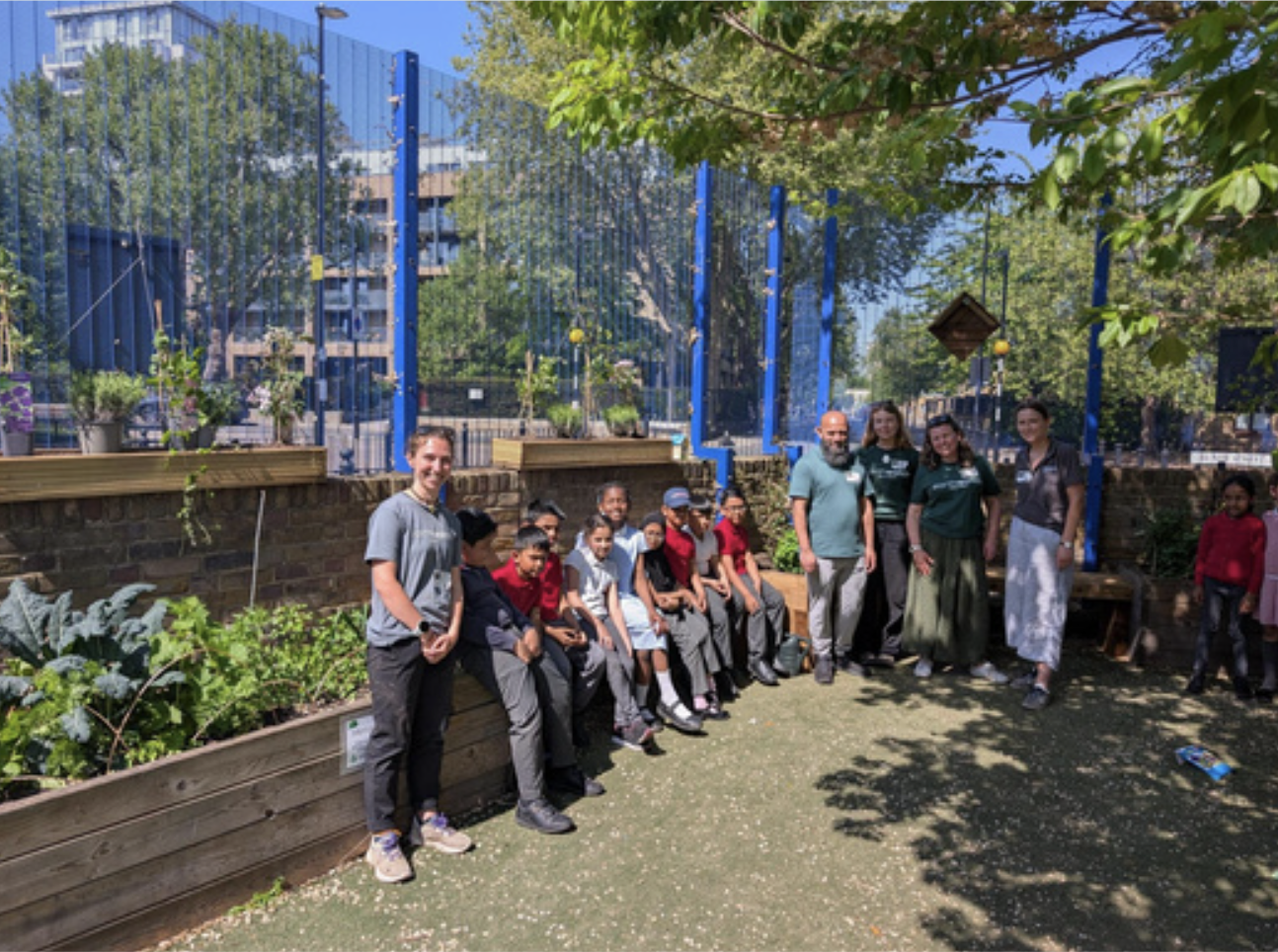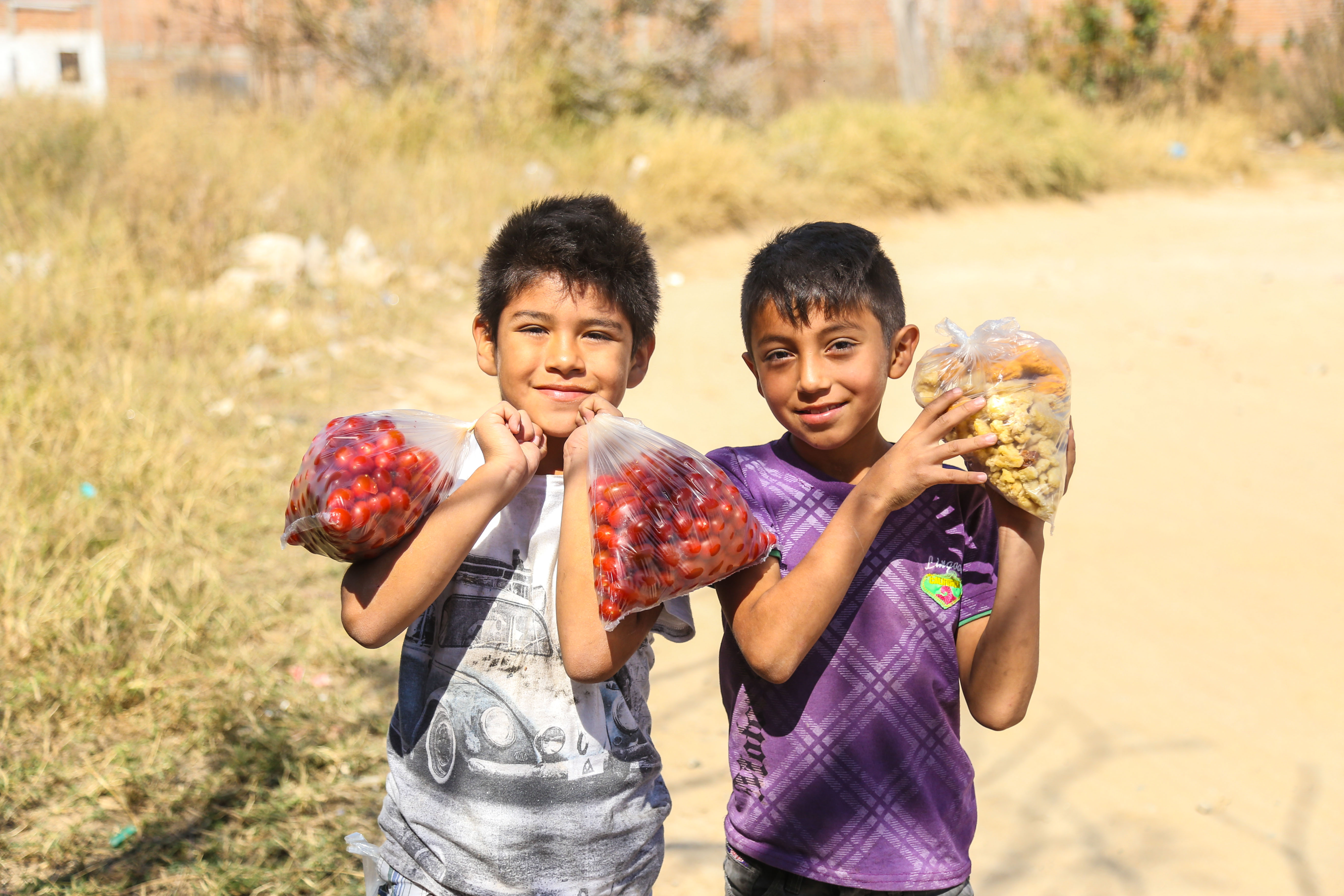Cambodia National Biodigester Programme

The Cambodian National Biodigester Programme was originally set up in 2006 by the Cambodian Ministry of Agriculture, Forestry and Fisheries (MAFF) and SNV Netherlands Development Organisation.


Gold Standard is a globally recognised certification body for high-quality climate and sustainable development projects. Established in 2003 by WWF and other NGOs, it ensures that projects not only reduce carbon emissions but also contribute to the United Nations Sustainable Development Goals (SDGs). Projects certified by Gold Standard must demonstrate genuine and measurable impacts on both the environment and local communities.
The domestic biodigester disseminated in Cambodia is a ‘Farmer’s Friend’, a fixed dome digester, which has a lifespan of over 20 years. The smallest and most popular digester on the market, it can treat the waste from 2-3 bovines or 4-6 pigs and costs around $500 excluding an investment subsidy of $150.
The Cambodian National Biodigester Programme was originally set up in 2006 by the Cambodian Ministry of Agriculture, Forestry and Fisheries (MAFF) and SNV Netherlands Development Organization. In the period March 2006 to December 2021 nearly 29,000 biodigesters were constructed through 118 micro-enterprises in 15 provinces. The programme was one of the first large-scale biogas projects certified to Gold Standard with support from HIVOS. Since 2017, MAFF uses money generated from the sale of carbon credits to continue running and expanding this programme.

What makes the Programme unique?
An important success factor is the special biogas loan that is made available through three nationally operating micro-finance institutions. Since 2010, over 70% of households have used a biogas loan to finance their biodigester. Loans are generally paid back within two years.
The Programme works with a market-based model and has the intention to develop the sector in such a way that it can run without direct involvement of the Programme. The private sector development arm of NBP is therefore establishing independent enterprises in rural areas and building the capacity of those enterprises on marketing and promotion, internal quality control and after sales services.

Project impacts and benefits:
Livelihood and health improvement:
- 27,980 biodigesters constructed from March 2006 to December 2020 / 79,256 direct beneficiaries
- 55.2% of constructed biodigesters still operational; i.e. 15,820 smoke-free kitchens (December 2020)
- Biogas kitchen air pollution reduced with 88% (Particulate Matter 2.5).
- $143 USD saving in expenditures on cooking fuels per household per year
Employment creation:
- 118 private enterprises established of which 53 are active
- 810 trained masons
- 154 trained supervisors
Environmental benefits:
- On average 4.02 tCO2 reduced per digester in 2020
- 907,351 tCO2 reduced between May 2009 and December 2020
- 293,300 tonnes of wood saved

Details
More Projects we've supported

Brazil Biodiversity and Preservation

Transforming School Grounds

Mexican Foodbanking Network
Support a Poject
We help you from A-Z through the process.
From procurement to retirement





